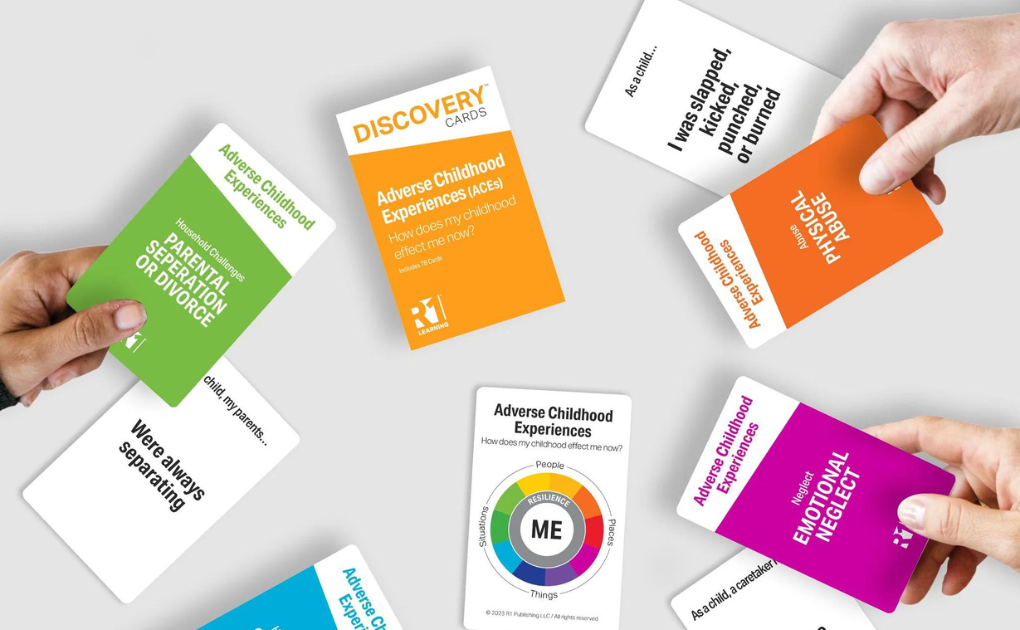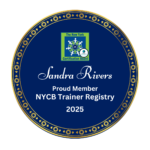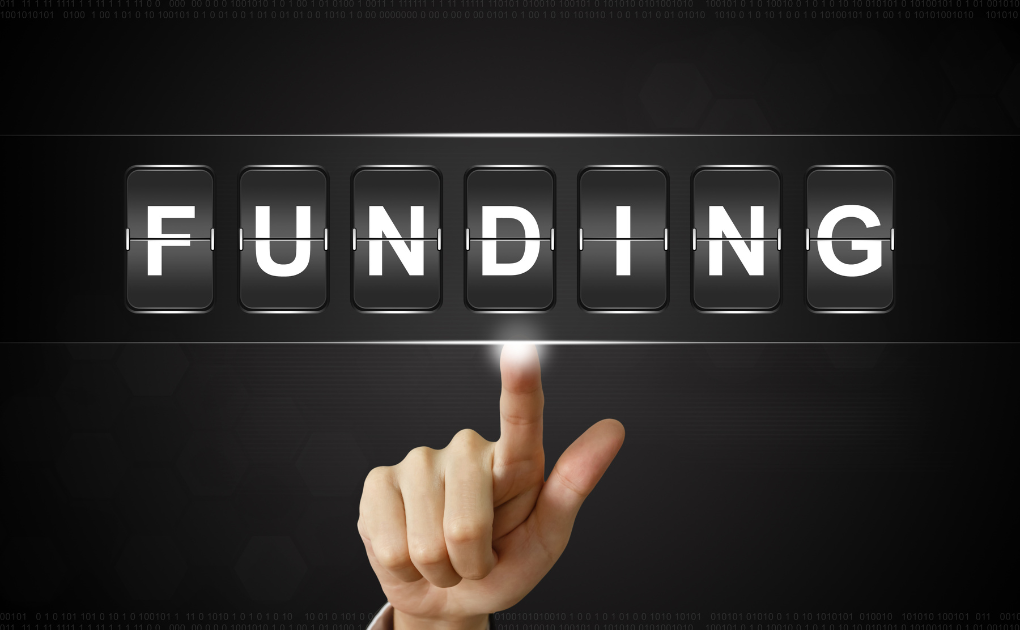In collaboration with Tom Karl at R1 Learning, I recently co-developed an adverse childhood experiences card deck called the ACEs Discovery Card Deck and Facilitator Guide.
The R1 Learning system provides easy-to-use tools for individuals, practitioners, leaders, and helpers to encourage topic-based learning, inspire enriching discussions, and allow for self-discovery. The ACEs deck is an enhanced learning tool that provides a deep understanding of the impact of adverse childhood experiences.
Inspired by the CDC-Kaiser ACE Study, this card deck highlights the significant correlation between childhood adversity and adult health outcomes.
My experience in a day rehabilitation program offered a firsthand look at the impact of understanding adverse childhood experiences. When discussing ACEs, I often encountered a profound sense of despair among participants. Statements like, “I have 10 ACEs. There’s no hope for me. I am doomed,” were common. This kind of defeatist attitude threatened their motivation and progress in treatment.
I found that if we added resiliency and helped the individuals identify what helped them overcome these adversities, it often led to discussions regarding post-traumatic growth and instilled hope. This provided the experience and foundation for developing the ACEs deck. When clients reflect on their past challenges and recognize the people and opportunities that helped them through, their motivation for recovery and hope increases.
I frequently worked with young adults who, from their early teens, had assumed adult-like responsibilities. I remember 18-year-olds managing household duties like buying groceries, paying bills, and caring for siblings since they were 14. These young adults, acting as heads of their households without adult guidance, often went unrecognized for their extraordinary efforts. One young man shared that he maintained a savings account to cover family expenses because he knew he would return to jail, highlighting the mature foresight and responsibility borne from necessity.
Yet, many of these young individuals were not acknowledged for their accomplishments. Instead, they were often diminished and treated like immature teenagers, delinquents, or criminals.
What if we viewed these young people through the lens of post-traumatic growth and resilience? Suppose we acknowledge and appreciate their sense of responsibility, loyalty, dedication, compassion, parenting skills, business mindset, problem-solving ability, and resourcefulness. In that case, they would likely be more willing to partner with us to turn these skills into new pro-social career paths.
Affirming these individuals for their achievements, identifying their transferable skills, and empowering them to release burdens that were never theirs to carry can significantly aid their recovery journey, motivating them toward positive change and growth.
Recognizing adverse childhood experiences can open doors to healing. The ACEs deck helps individuals identify their adverse childhood experiences without having to tell their stories. The process questions help individuals to self-reflect on the impact these experiences had on their lives. Embracing resilience affirms their survival skills, which can be harnessed to motivate them towards personal change and growth. These shifts can profoundly impact their future health and mental well-being.
Connecting the dots between adverse childhood experiences and resilience brings comfort. It motivates people to make the necessary changes to prevent the projected health outcomes. My high ace score (9) has been my greatest teacher, leading to a career of helping others heal from their own adverse childhood experiences.
The ACEs card deck, coupled with motivational interviewing, helps clinicians and beyond an opportunity to open the door to trauma work in a safe and non-threatening way. We know that a high percentage of people with substance use disorders and mental health conditions have underlying trauma that often goes unrecognized.
The ACEs Discovery Cards Deck and Facilitator Guide is a gateway to help others identify past adversity and foster resilience.



